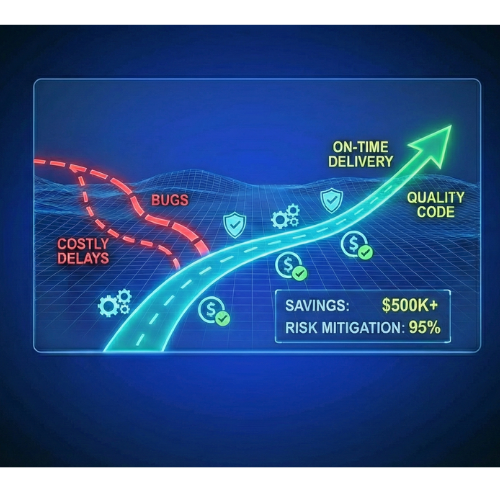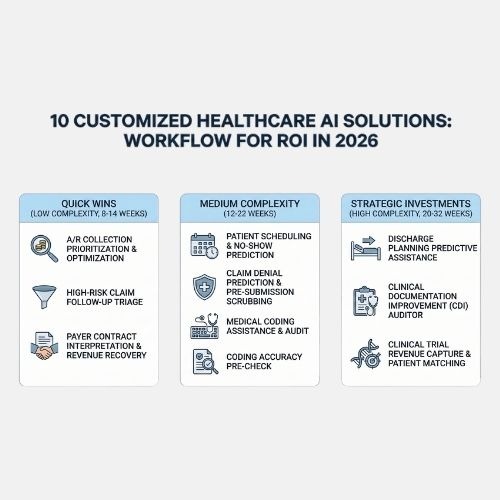Big data is pivotal in driving advancements across various industries, healthcare included. The benefits of big data in healthcare are many, ranging from enhancing patient care to personalizing treatment and streamlining healthcare operations. But what is big data analytics in a healthcare context?
Below, we’ll uncover the answer to that question before diving into some of the ways it can be applied to enable more efficient and more appropriate decision making which ultimately leads to improved outcomes for both patients and providers.
Big Data in Healthcare: What is It?
Medical professionals have been using data collection and analysis in some form to drive their decisions since before the inception of the Hippocratic oath. After all, diagnosing and treating everything from the common cold to chronic conditions requires understanding what a patient is experiencing and then addressing whatever that may be with evidence-based treatments.
On a basic level, collecting data, both about conditions and treatments, therefore, is in many ways what makes it possible to cure what ails us.
The better the data, the better the decisions medical professionals can make.
Big data analytics in a healthcare context refers to “collecting, analyzing, and leveraging consumer, patient, physical, and clinical data that is too vast or complex to be understood by traditional means of data processing. Instead, big data is often processed by machine learning algorithms and data scientists.”
As the complexity of making healthcare decisions has increased, big data analytics has become more widely used to, among other things, help us develop a more complete view of consumers, patients, and providers from the systemic level down to the individual level.
Armed with this data, providers are better equipped to implement a value-based care model, improving the quality of care for their patients. Another benefit of big data in healthcare is to reduce costs incurred by providers and paid by patients.
Types of Big Data Analytics in Healthcare
Healthcare organizations leverage a wide array of data sources to collect “big data”, including structured information like databases and reports, as well as unstructured sources such as emails, documents, and even sensor data.
Public databases, transaction records, and data from medical devices are frequently utilized also.
To streamline data analysis, many facilities employ integrated hospital systems (HIS) and electronic patient records.
There are four main types of big data analytics used in the healthcare industry:
- Descriptive Analytics: Answers “What happened?” by providing insights into past events through trends and patterns in data, helping organizations understand their operations and outcomes.
- Diagnostic Analytics: Explains “Why did it happen?” by identifying causes behind events and uncovering factors that affect key performance indicators, improving decision-making and problem-solving.
- Predictive Analytics: Forecasts “What is likely to happen?” by using historical data to predict future trends and risks, allowing healthcare systems to prepare for potential scenarios and outcomes.
- Prescriptive Analytics: Advises “What should be done?” by analyzing data to suggest actions that can optimize outcomes, using advanced tools to provide strategies for improving performance and achieving goals.
5 Big Data Examples in Healthcare
There are many ways providers are applying big data analytics in healthcare to drive innovation and improve the quality of care. Here are five:
- Patient Outcomes: Big data in healthcare can identify trends at both individual and community levels, aiding in the development of better treatment plans and predicting at-risk patients.
- Staffing and Operations: Analytics can forecast patient admission trends at specific times, allowing for optimal staff scheduling during peak and slow periods.
- Product Development: Utilizing big data, healthcare can drive innovation and expedite the process of bringing new products, like prescription medications, to market.
- Strategic Planning: Analytics can compare chronic disease prevalence and population growth in different neighborhoods to identify problem areas and plan additional services.
- Fraud Prevention: Big data analytics streamline insurance claims processes, enabling providers to detect fraud more easily and ensuring faster payments to patients.
Start Leveraging Big Data to Streamline Your Operations Today
Ready to adopt a value-based care model while also operating more efficiently? Accelerate your digital health solutions with Digital Scientists.



